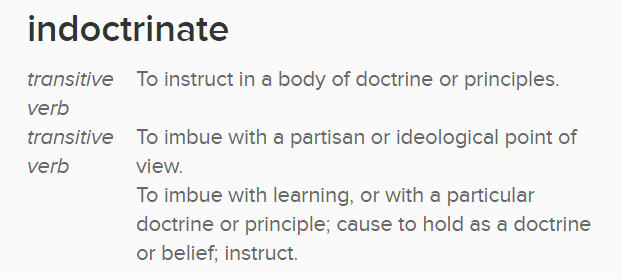It's easy to think about it as a personal showdown between people. But it's so, so much more. Thread.
1/n
and then skim this: texasmonthly.com/article/texas-…
I'll wait.
Ugh fine I'll summarize (but you really should read them)
2/n
The current controversy over meat highlights exactly how and why perfectly.
3/n
The difference between those two things is EVERYTHING.
4/n
5/n
At the same time, people really really want to know what they should and shouldn't eat. Any "evidence" would be HUGE! So we have lots and lots of weak and misleading studies.
6/n
Willett was chair of the Harvard Nutrition dept. for many years. There was a mini festival in his honor when he retired.
7/n
But it certainly doesn't stop those pubs.
8/n
9/n
bostonglobe.com/magazine/2013/…
10/n
11/n
But that's ALSO wrong, for a different reason.
RCTs are great when you can do them, but we only have really really limited RCTs for meat.
12/n
And there's the second mistake: absence of evidence is not evidence for absence.
13/n
All of the folks here have a lot of industry funding. Academic funding is extremely limited, industry $ is not.
But you shouldn't think of this as "corruption"
14/n
15/n
The story here about conflicts of interest is a bit of a distraction in a way.
16/n
17/n
It's the reason we in the research community need to get our shit together. If we don't, this will keep happening.
18/18
1) "Declared safe": Johnston et al., went well beyond just saying there is not enough evidence, and positively recommends "adults continue current unprocessed red meat consumption"
2) "All of the folks here have a lot of industry funding." I'll walk this one back a little. I don't know that they are currently directly industry funded.
3) I never actually summarized what happened in the last few weeks. Whoops. If only there was some kind of "article" that one could "read" to absorb information...
A better guideline, however, would have incorporated the best available theory and expert opinion where evidence is lacking.












